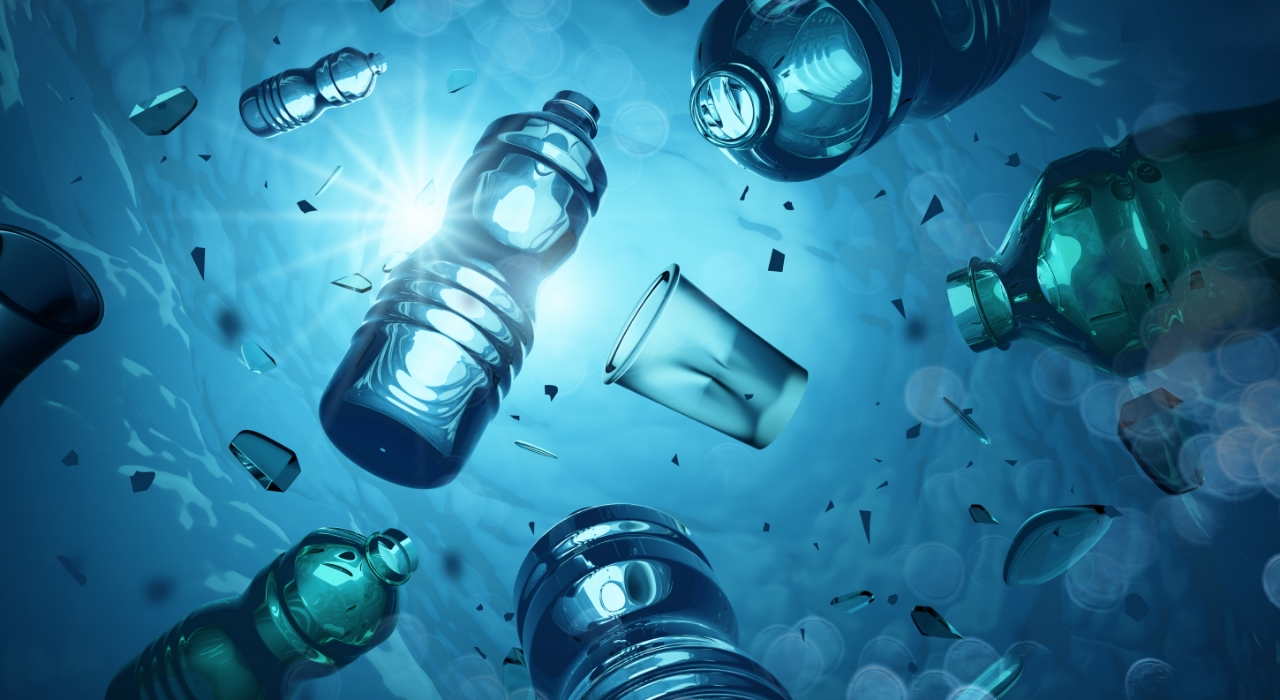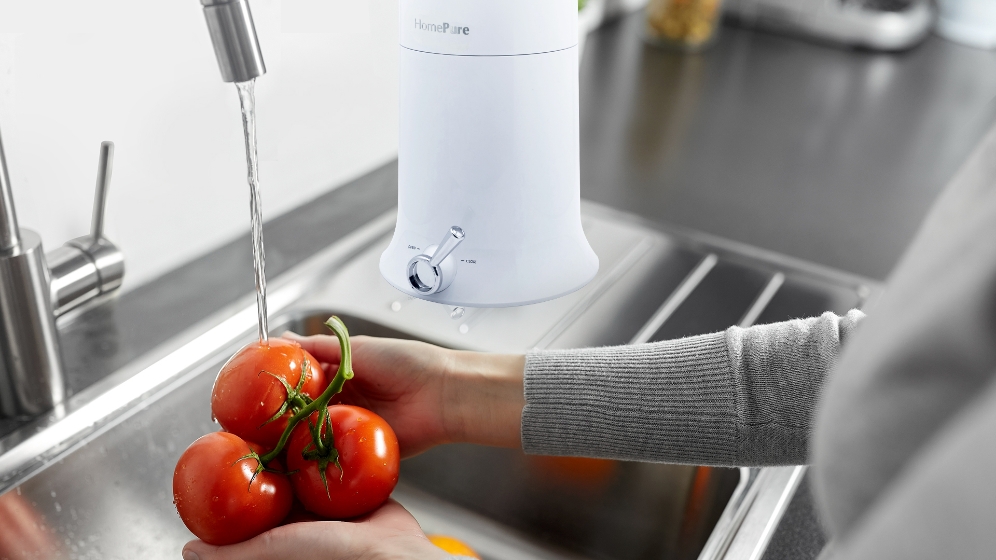Have you consumed microplastic when drinking water? Find Out Now!

Did you know that you probably have been consuming microplastics when drinking water?
You wouldn’t believe how plastic seeps into our water system. A Water Industry Research found that each litre of raw, unprocessed water had an average of 4.9 microplastics in it. Because of how much plastic we use daily, microplastics are present in our rivers. Discover what microplastics are in the following paragraphs, as well as how to prevent yourself and your families from consuming them.
Microplastics: What Are They?
Microplastics are currently not technically defined, however they are typically referred to as plastic particles that are no larger than 5 mm. They have been found in untreated drinking water from freshwater sources.
How Do Plastics Become Contaminated with Water?
The number of things in your daily life that contain plastic may shock you. You probably already know that the primary source of microplastics in drinking water comes from the plastic containers themselves as well as their caps. But did you know that there are unmarked plastic particles in your clothing, detergent, and perhaps even tea bags. All these particles decompose into small polymers that eventually contaminate our water sources. There’s no escaping them in this day and age where convenience is everything. Think about how much of plastic you see around your home or when you shop – from all the eye-catching packaging available to pre-cut and packaged fruits.
Plastic bottles’ contribution to water pollution
In 2018, 1 million plastic bottles were produced per minute. And, as you might expect, during the worldwide pandemic when consumers chose single-use goods to reduce the spread infection, this surged significantly. Additionally, 86 per cent of these bottles are not recycled for various reasons. The result? A large amount of microplastic floating in our seas and drinking water.
How Can Microplastics Affect My Family and Me?
You should be on the lookout for three types of risks: microbiological, chemical, and physical. You could unknowingly be ingesting hazardous chemicals, solid plastic polymers, and even germs. Since the presence of microplastics in drinking water is a recent occurrence, little research has been done on the long-term implications of consuming contaminated water. Even more reason for us to be extra cautious of the water we drink.
How Can I Protect My Family from Consuming Microplastics when drinking water?
1. Avoid using plastic bottles
Reusable bottles that complement your style and individuality are a beautiful alternative to single-use plastic bottles. You influence the quality of the water you drink while helping in the reduction of plastic pollution in water. That is a win-win situation.
2. To get rid of microplastics, use HomePure.
Three billion fewer plastic bottles have been used since HomePure first debuted in 2010! But your HomePure is so much more than that. You can also use it to filter out pollutants like microplastics that could endanger the health of your family. It also removes 99.99 per cent of other pollutants such as bacteria, viruses, and toxins from your tap water thanks to its innovative 9-stage water filtering technology.
3. Use filtered water to clean your vegetables and fruits.

Thoroughly rinse all your fruits and vegetables with HomePure’s filtered water for an added layer of defence so you can be double certain you aren’t ingesting microplastics. You can even use filtered water when cooking and doing your laundry. Even though concrete research has not been done on the long-term effects of microplastic on our health, you can be sure that they exist. It is always better to be safe than sorry. Therefore, watch what you and your loved ones consume. Protect your family by making the HomePure Nova water filter a necessity in your house.
